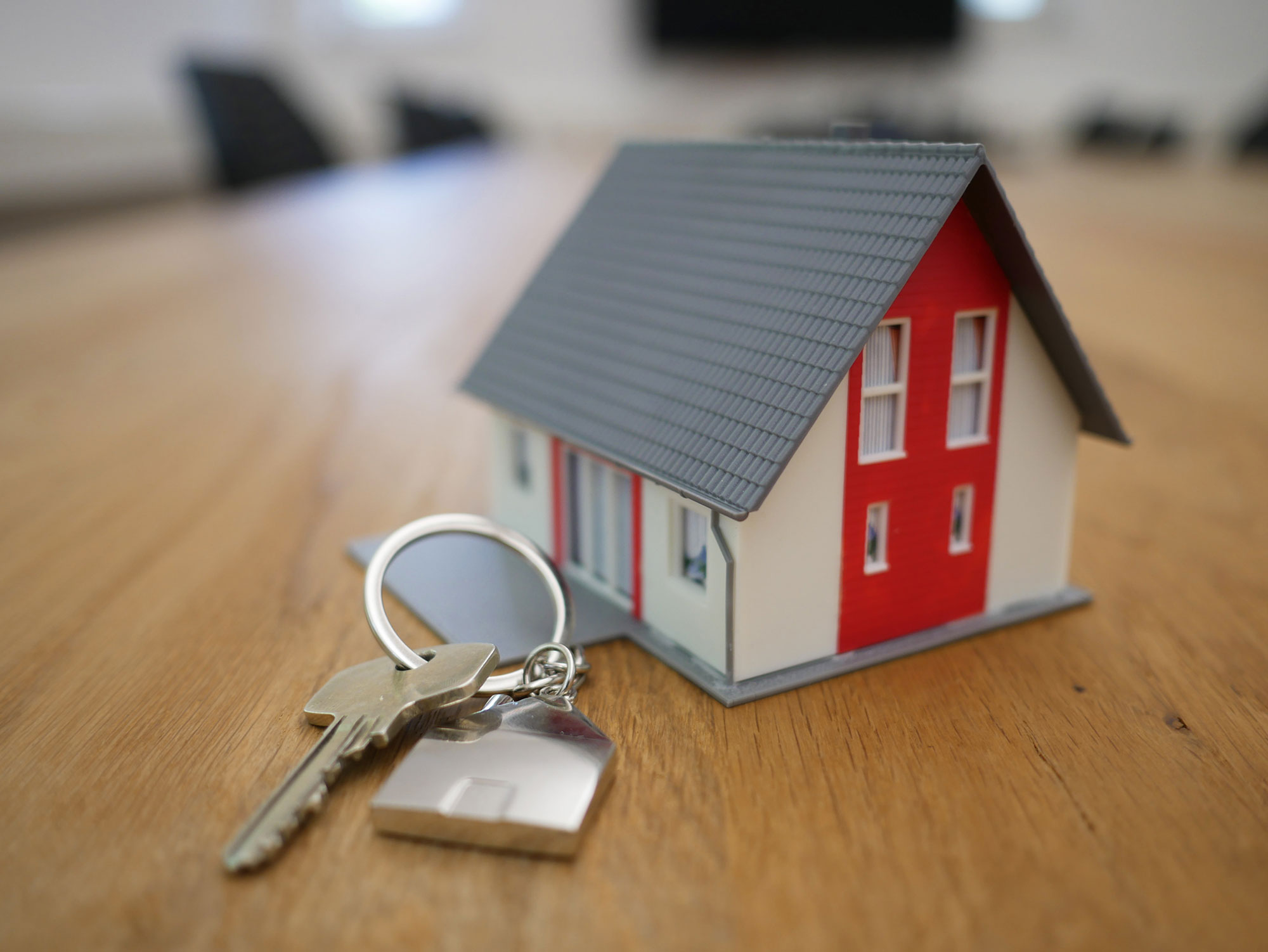10 Essential Steps in Home Buying Process.
Are you preparing to purchase a new house? The home-buying process may be thrilling and overwhelming at the same time. This is a big choice that needs careful thought and meticulous planning. We have put together a thorough guide explaining the ten stages you must do to successfully buy a home in order to assist you. Everything you need to know to successfully purchase a property will be covered, from calculating your budget to finalizing the deal.
Step 1: Evaluate Your Financial Situation.
Consider your financial situation carefully before starting the home-buying process. Look closely at your earnings, savings, and outstanding debts. This evaluation will help you understand your financial capabilities and how much you can comfortably spend on a home.
Step 2: Establish a Budget.
Create a reasonable budget for your house purchase based on your assessment of your financial situation. Think about things like the down payment, the mortgage payment each month, the property taxes, the insurance, and the cost of upkeep. Your alternatives will become more limited and you won’t overspend if you establish a budget.
Step 3: Get a Mortgage Preapproval.
Obtaining a mortgage preapproval will help you to be more persuasive as a buyer. In order to achieve this, you must give the lender the relevant financial records so that they can evaluate your creditworthiness and establish the maximum loan amount you are eligible for. Preapproval demonstrates to sellers that you are a serious buyer.
Step 4: Begin Your House Search.
The fun part is about to begin: looking for a home! Use Internet real estate resources, consult with your agent, and attend open houses to learn more about various properties. Take into account your choices, including location, size, features, and closeness to transportation, schools, and hospitals.
Step 5: Engage a Real Estate Agent.
It is really helpful to have a skilled and professional real estate agent by your side. They will assist you at every step, offer knowledgeable counsel, negotiate on your behalf, and make sure you find the ideal residence at the ideal cost.
Step 6: View Potential Real Estate.
Plan visits to potential properties after you’ve narrowed your search. Note the house’s layout, structural soundness, condition, and any potential changes that might be required. Never be reluctant to seek out information and ask questions.
Step 7: Make a Proposal.
It’s time to submit an offer when you find your ideal home. Using market value and comparable transactions, work with your real estate agent to establish a realistic asking price. Before coming to a formal agreement with the seller, haggle over terms and conditions, such as home inspections and repairs.
Step 8: Conduct Inspections and Evaluations.
Employ a qualified home inspector to provide a complete evaluation of the property after your offer is accepted. Any prospective faults or undiscovered issues that might damage the house’s safety or worth will be found by them. To make sure the property’s worth matches the loan amount, a lender will also arrange for an appraisal.
Step 9: Finalize the Mortgage.
You can move forward with finalizing your mortgage if the inspections and appraisals are deemed satisfactory. Review the lender’s offered loan conditions, interest rates, and options for repayment. Before you sign the mortgage agreement, get answers to any questions or issues you may have.
Step 10: Close the Deal.
Congratulations! Nearing homeownership is you. The closing procedure, where all the legal paperwork is completed and the property ownership is handed to you, is the last phase. Take the time to properly read the closing documents, cover the closing costs, and buy homeowner’s insurance. You’ll get the keys to your new house once these procedures are finished!
The purchase of a home is an important milestone, and by completing these ten steps, you’ll be ready to start the process. Don’t forget to evaluate your finances, make a budget, get preapproved for a mortgage, work with a real estate agent, get comprehensive inspections done, and finalize your mortgage and closing. For the home-buying process to be effective and pleasurable, each step is essential.
Questions and Answers (FAQs).
1. How long does the procedure usually take to acquire a house?
From the time your offer is accepted until the closing, the length of the home purchasing process might vary, but it usually takes between 30 and 45 days in the United States.
2. Do you need a real estate agent when you buy a house?
While it’s not required, working with a real estate agent can substantially simplify the process, offer knowledgeable advice, and guarantee that you make well-informed choices.
3. What is a down payment and how much should I put up for one?
The initial cash outlay made to buy a house is known as a down payment. Private mortgage insurance (PMI), which is normally a percentage of the entire purchase price, should be avoided by saving at least 20% of the purchase price before applying for a traditional loan.
4. Aside from the buying price, are there any other expenses to consider?
Yes, there are other fees involved, such as closing charges, real estate taxes, homeowner’s insurance, and possible upkeep or renovation costs.
5. What if I make an offer but then change my mind?
An offer becomes enforceable as soon as it is accepted. However, some contingencies, such as bad inspections or an inability to obtain funding, may allow you to cancel the agreement without suffering severe consequences.

